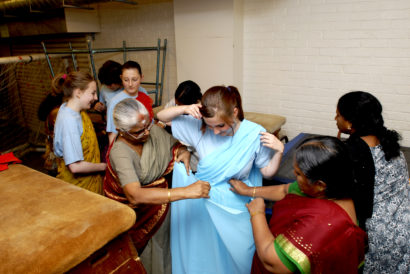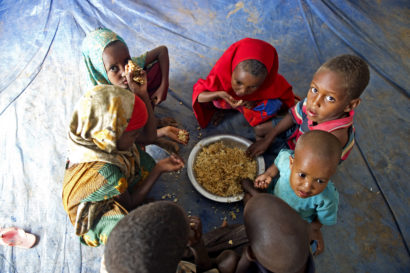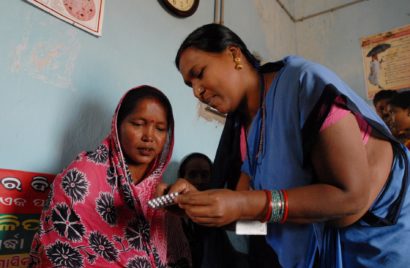Tag: Children and Youth
If young people in Africa are to find jobs, policies must focus on creating many more opportunities for young people to gain work. The key problem is not an inappropriate supply of young people’s labour to labour markets, but an insufficient demand for what young people have, or could have, to offer. The policy focus… Read more
In recent years, funding for youth employment interventions has rapidly increased. However, there is limited to no evidence that interventions that build skills and knowledge lead to sustained employment and increased earnings. There is also no evidence that youth employment interventions have positive impact on peace and stability, or can lead to youth empowerment in… Read more
Youth employment programmes are varied but meta-analysis and systematic reviews of impact assessments of these programmes indicate that some interventions have an overall positive effect on employment and earnings. Assessments of programmes which support youth job creation in the private sector find that larger businesses are more likely to generate jobs than micro-enterprises. In general,… Read more
This helpdesk report provides a summary of available literature and evidence relating to childhood development stages; specifically, when is the best time to influence children’s thinking on global issues. This question is related to a second query covered in a separate helpdesk report that examines the development education landscape in the UK: specifically, what else… Read more
This rapid review provides an overview of the UK development education landscape with a focus on what else apart from the British Council’s Connecting Classrooms Programme is going on to build partnerships between schools in the UK and schools overseas? How many children/schools are part of something like this? These questions are related to a… Read more
There are many evidence gaps in the delivery of humanitarian food/nutrition aid. Evaluation of the relative cost‐effectiveness of dietary response projects is confounded by the fact that different projects can have different objectives (USAID, 2015). Ethiopia has made progress in meeting emergency needs, including through the Government of Ethiopia-led Productive Safety Net Programme (PSNP), which… Read more
This rapid review synthesises data from academic, policy, and NGO sources on child labour in the artisanal and small-scale mining (ASM) sector in Asia and Africa. ASM refers to small groups engaged in low-cost, low-tech, labour-intensive excavation and processing of minerals. Therefore, a clear distinction can be made between industrial and large-scale (usually licensed) mining… Read more
This exploratory rapid review finds that child labour in agriculture is a global issue, with the agricultural sector accounting for the majority of child labourers. Across regions and countries agriculture is usually the main sector for children’s economic activity. However, there is considerable variation in the prevalence of child labour between and within countries. Agricultural… Read more
This report focuses on the evidence on the health, economic and other benefits of investing in family planning. Family planning allows people to attain their desired number of children and determine the spacing of pregnancies. It is achieved through use of contraceptive methods and the treatment of infertility (WHO 2015). A large and growing body… Read more
This report looks at the evidence available on effective behaviour change communication for increasing the uptake of family planning methods. It provides information on several different methods. Studies indicate that if a woman has been given advice to adopt postpartum contraception three or more times, the couple are more likely to have adopted a method…. Read more
The most common adverse effects that children who grow up in residential care experience include: developmental delays; behavioural problems; attachment disorders; lack of life skills; institutionalisation; and difficulty forming and maintaining healthy relationships. The literature is extremely clear that residential care should be a last resort for children separated from their parents, following family support,… Read more











